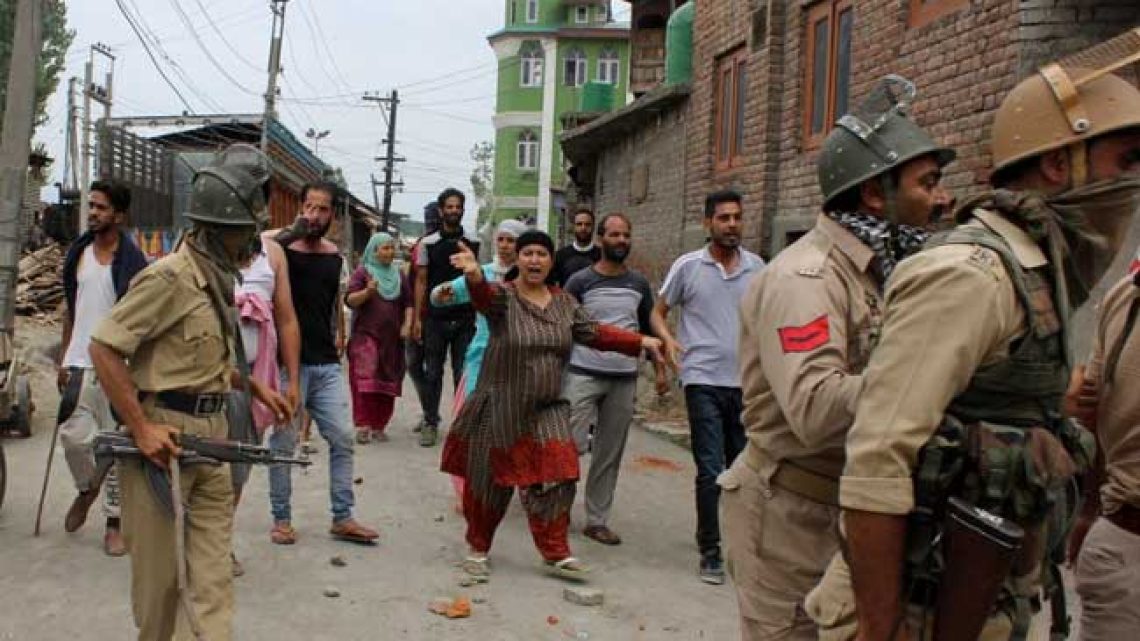
India’s Alleged Colonial Approach in IIOJK: A Violation of International Laws
January 29, 2024Since 1947, India has been accused of treating the people of Indian illegally occupied Jammu and Kashmir (IIOJK) as its colony, a charge rooted in the deployment of Indian troops in Srinagar on October 27, 1947. This move, in violation of international laws, the partition plan of the subcontinent, and the will of the Kashmiris, set the stage for what critics argue is an ongoing colonial endeavour.
Recent reports underscore the allegation that India’s actions in IIOJK constitute a persistent effort to establish colonial dominance. The reports point to India’s controversial move on August 5, 2019, when it repealed the special status of IIOJK, as another violation of international law. According to the reports, this step was aligned with the agenda of Hindutva forces seeking to eliminate Kashmir’s special status within the internationally recognized disputed territory.
The reports further accuse the Rashtriya Swayamsevak Sangh (RSS) and the Bharatiya Janata Party (BJP) of employing military tactics to impose control over Jammu and Kashmir. This alleged strategy involves manipulating demographics, assaulting the region’s identity and culture, and seizing local and natural resources. The BJP government, according to the report, has expanded its influence by implementing a settler-colonial project in IIOJK, acquiring land from Kashmiris to resettle non-Kashmiri Hindus in the territory.
Critics argue that these actions by the Indian government amount to clear violations of United Nations resolutions pertaining to the Kashmir conflict. The report asserts that while the resilient Kashmiri population is determined to resist India’s settler-colonial project, the international community must also shoulder its responsibilities and take note of what it describes as Prime Minister Modi’s nefarious designs to alter the demography of the occupied territory.
The allegations made in the report raise serious concerns about the situation in IIOJK, suggesting that India’s actions may be indicative of a long-standing pattern of colonization. As the global community grapples with the complex dynamics of the Kashmir conflict, it becomes imperative to scrutinize these claims and assess their implications for regional stability and international relations. The onus is on the world to address the concerns raised by the Kashmiri population and ensure that the principles of international law are upheld in resolving this enduring and contentious issue.

